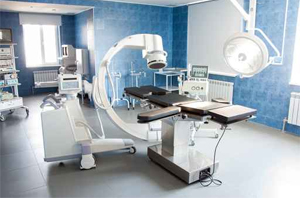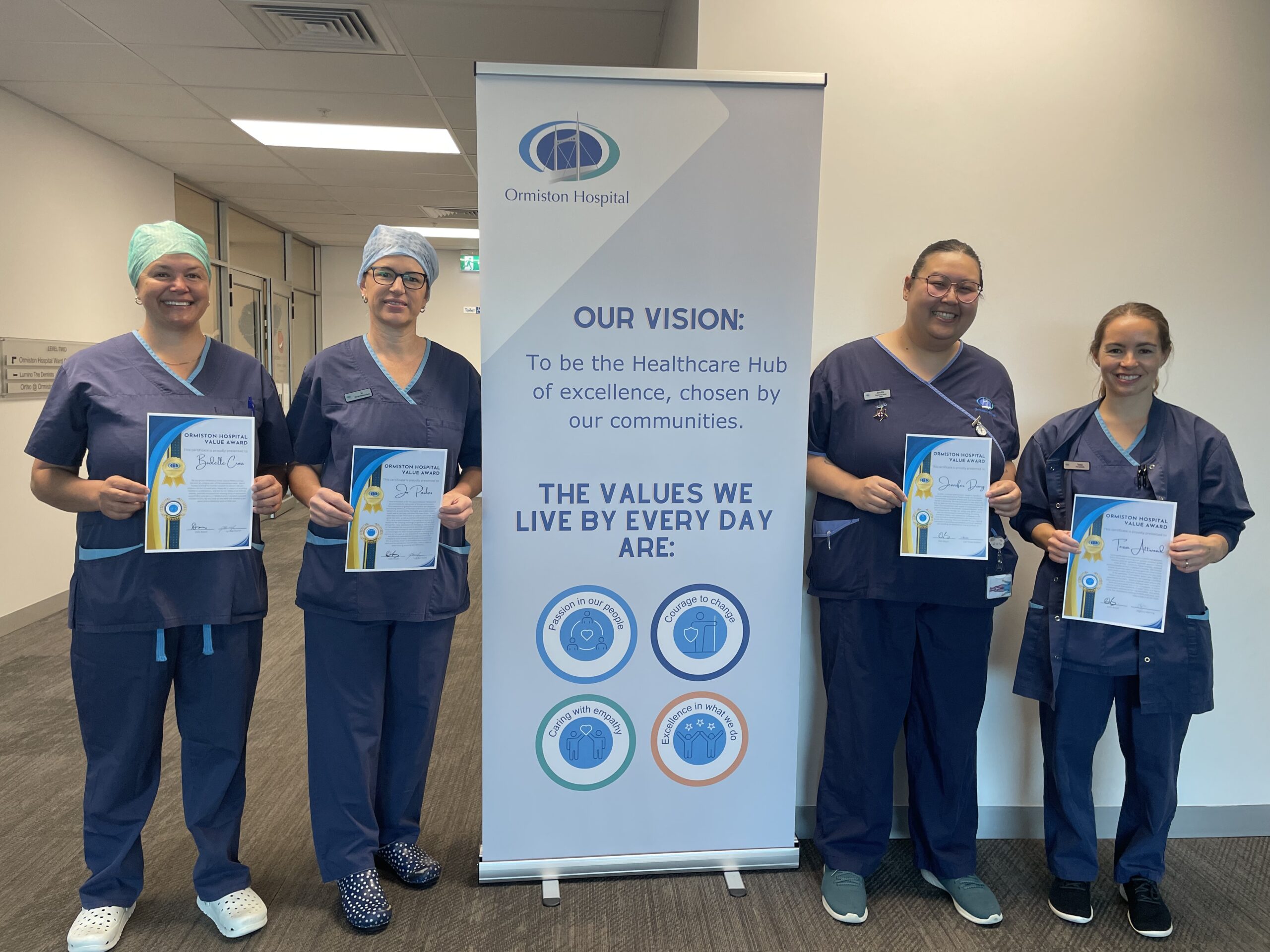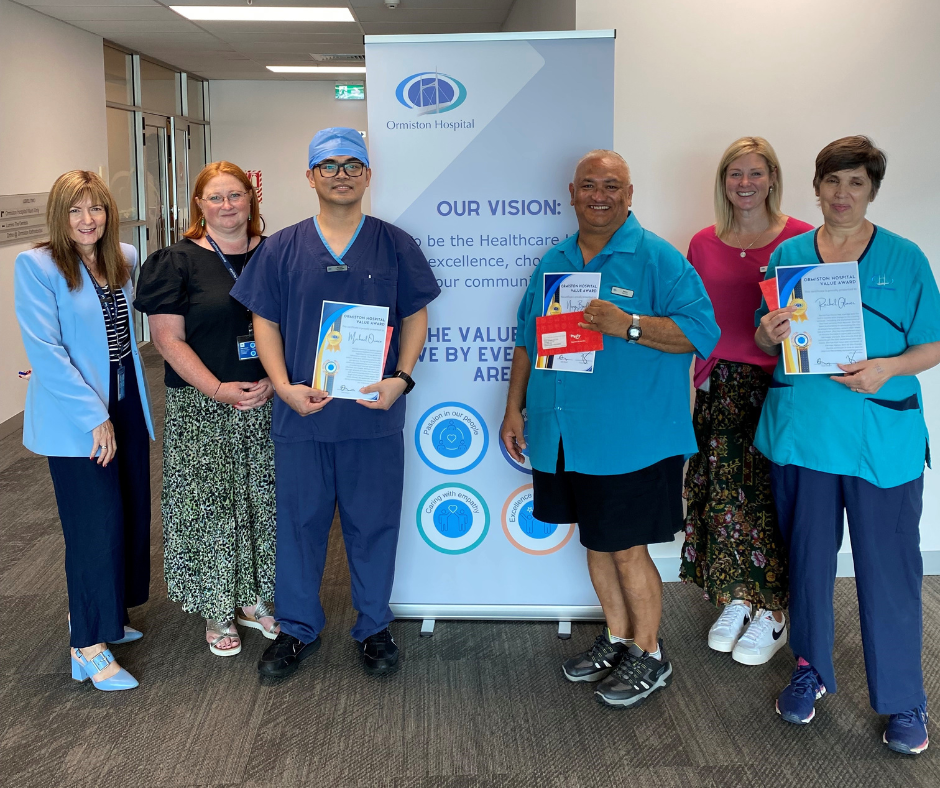Here at Ormiston Hospital, our leading specialists are experts in a wide range of urology conditions and have advanced training in both surgical and non-surgical treatments. Our state-of-the-art facilities uses the latest technologies, such as robotics and 3D technologies, to ensure our patients are receiving the very best treatment. During your private urology consultation, our specialists work with you to diagnose your condition and provide expert advice on treatment options to support you in making informed decisions about your care.
Our range of available urology procedures:
Bladder Surgery
Kidney Surgery
Lithotripsy
Prostate Surgery
Penile Surgery
Testicular Surgery
Urethral Surgery
Urologic Cancer Surgery
Vasectomy
Need to know
You may need urology surgery if you suffer from disorders of the urinary tract, including the bladder and kidney, or conditions affecting male genitalia.
Some of the main reasons for having a consultation with a urology specialist include:
- Bladder prolapse
- Incontinence
- Interstitial cystitis (painful bladder syndrome)
- Kidney stones
- Male reproductive/genitalia conditions
- Enlarged Prostate
- Erectile dysfunction
- Male infertility
- Peyronie’s disease (bending or curving of the penis)
- Prostatitis (inflammation of the prostate)
- Undescended testes
- Vasectomy
- Urethral narrowing/blockage
- Urinary tract infections
- Urologic cancers (bladder and kidney)
When you attend a consultation with one of our urology surgeons, they will evaluate symptoms related to your specific condition, such as urinary issues, pain and discomfort, and take a detailed medical history. A physical examination will be conducted, focusing on the urologic system. This may include a genital examination, a digital rectal exam for men, and other relevant assessments. Depending on your symptoms and medical history, your urologist may order diagnostic tests such as urine analysis, blood tests, imaging studies (e.g., ultrasound, CT scan), or urodynamic studies to further evaluate your condition.
Your urologist will then discuss their findings with you, offer a diagnosis, and discuss the recommended treatment plan with you. If you wish to go ahead with treatment, you can then work with the admissions team to arrange a date for the procedure.
To prepare for your urology surgery, it is important to follow your surgeon’s specific instructions. You will be contacted prior to your surgery date to confirm your fasting period (no food or drink to be consumed) and any specific requirements we need to take into consideration throughout your stay with us at Ormiston Hospital. It is important to arrange for someone to drive you home post-surgery and to plan for a recovery period at home.
During urology surgery, the specific steps depend on the type of procedure being performed. Generally, you’ll be given anaesthesia — either local, where only the surgery area is numbed, or general, where you’re asleep during the operation. Throughout the surgery, your vital signs are closely monitored for safety, and the surgical team ensures that the procedure is as smooth and efficient as possible.
After urology surgery, you will be taken to a recovery area where medical staff will monitor your vital signs and ensure you’re recovering well from the anaesthesia. Your specialist will provide instructions and medication to help manage pain and advice on when you can resume normal activities. There will also be one or more follow-up appointments so your specialist can monitor your healing process.
Specialist Surgeons









